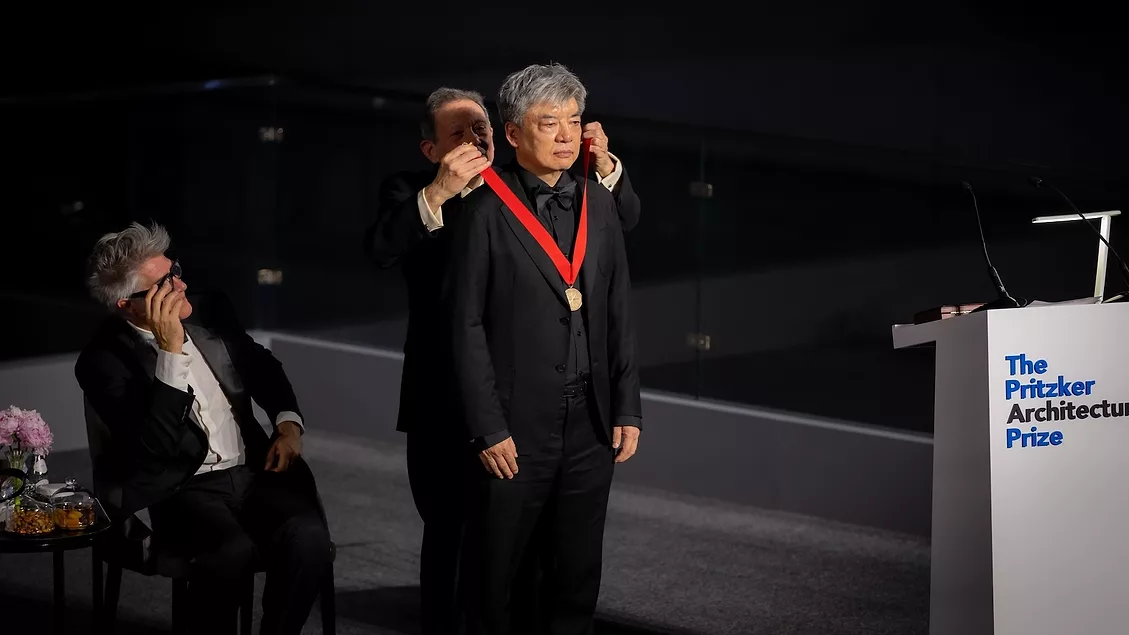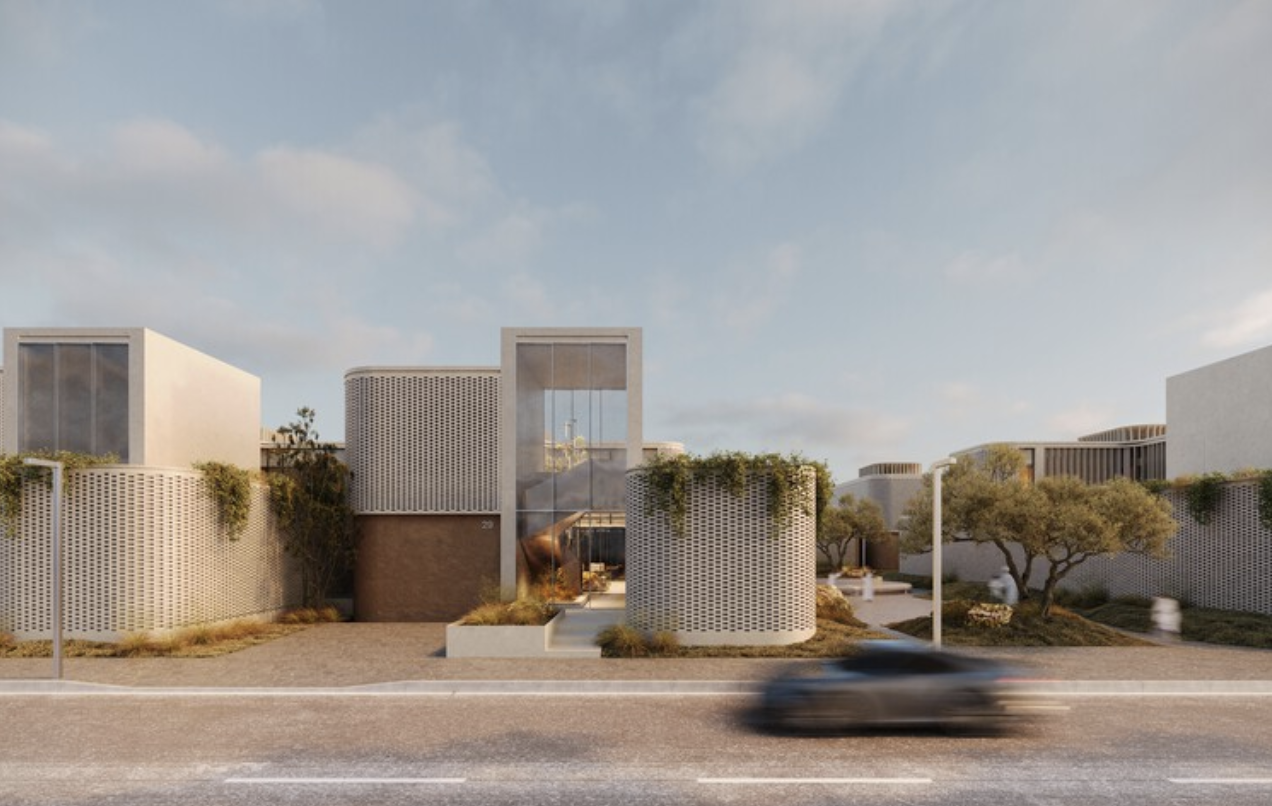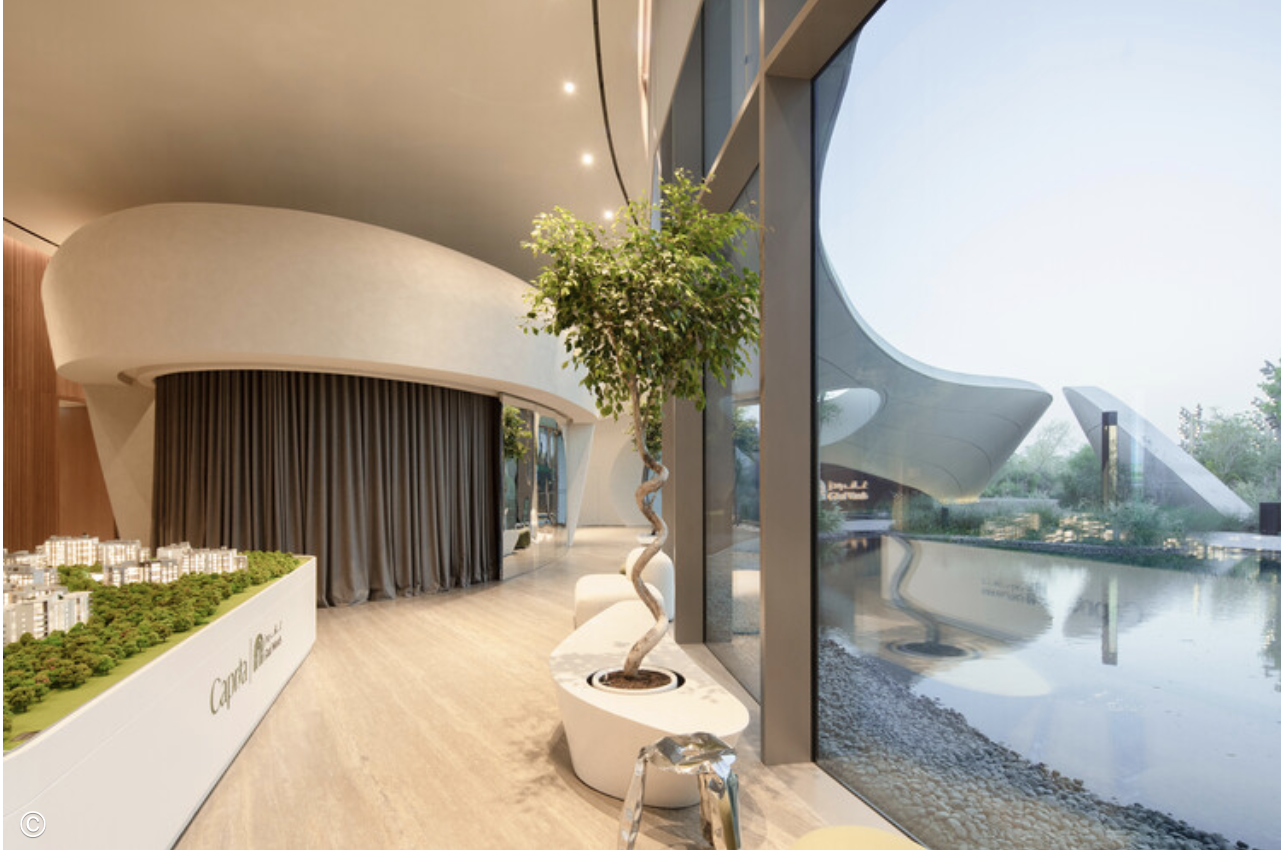In May 2025, the architectural world turned its gaze toward Abu Dhabi as it became the first city in the Middle East to host the Pritzker Architecture Prize ceremony. Held beneath the iconic dome of the Louvre Abu Dhabi, the event marked a defining moment not only for the emirate but for the region at large—a cultural assertion that design here is not merely bold, but increasingly meaningful.
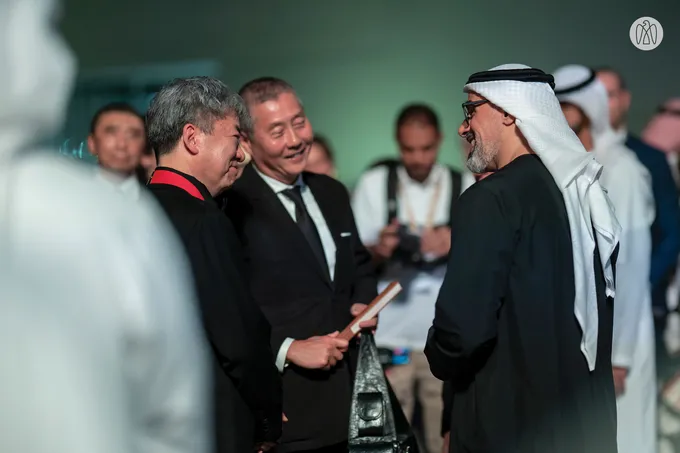
The Pritzker Prize is often described as architecture’s Nobel, awarded each year to an individual whose work demonstrates a commitment to humanity through design. This year, the honor went to Chinese architect Liu Jiakun, whose quiet, restrained buildings offer a profound counterpoint to the high-profile spectacles that have often defined global architecture in the past two decades. His presence in Abu Dhabi—accepting the award in a city long celebrated for its own architectural audacity—signaled a subtle but powerful shift: toward thoughtfulness, toward regional resonance, toward architecture that listens.
Jiakun’s work, rooted in the social and spiritual realities of contemporary China, finds unexpected harmony with the values being nurtured in Abu Dhabi’s evolving urban and cultural landscape. Known for projects that respond to disaster, memory, and the everyday lives of ordinary people, Jiakun has built a career on the principle that buildings are not just objects, but tools of empathy. It was fitting that his recognition came in a city now grappling with its own architectural identity—balancing ambition with authenticity.
It’s a shift that’s been years in the making. Abu Dhabi has steadily positioned itself as the UAE’s cultural capital, not through spectacle, but through substance. While Dubai continues to lead in scale and innovation, Abu Dhabi has focused on anchoring its identity in education, heritage, and global partnerships. Hosting the Pritzker Prize was a natural extension of this strategy, an event rooted in dialogue, not just design.
For local architects, the moment carried symbolic weight. It was a sign that the region’s contributions to global architecture are being taken seriously, not just in terms of aesthetics, but in values. The city’s own design community, long influenced by international firms and imported styles, is beginning to carve out a voice that reflects local climate, culture, and contemporary needs. And the Pritzker platform offered space for that voice to be heard.
Liu Jiakun’s speech that evening was personal and poetic. He spoke of buildings as vessels of memory, and of architecture as a practice of listening. He praised the city not for its monuments, but for its capacity to host reflection. And in doing so, he connected his life’s work to the spirit of a place that, in many ways, is still shaping its identity.
Abu Dhabi didn’t just host an awards show. It hosted a moment of international recognition built on years of deliberate cultural investment. And for those who witnessed it, it offered a glimpse of a future where the UAE is known not only for building fast, but for building with intention.
